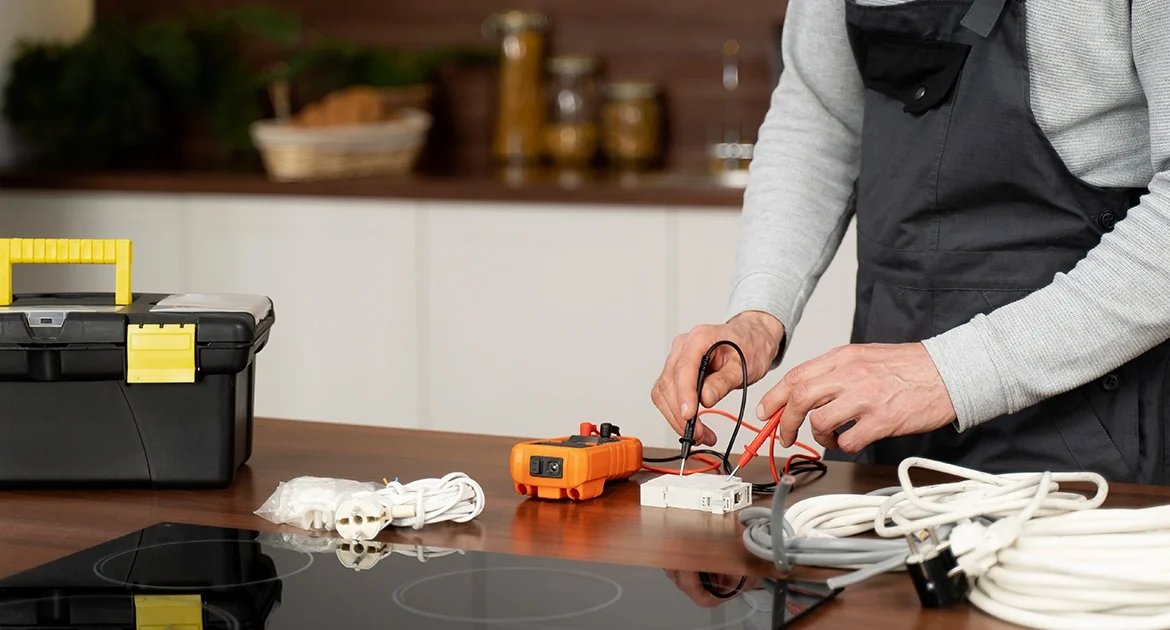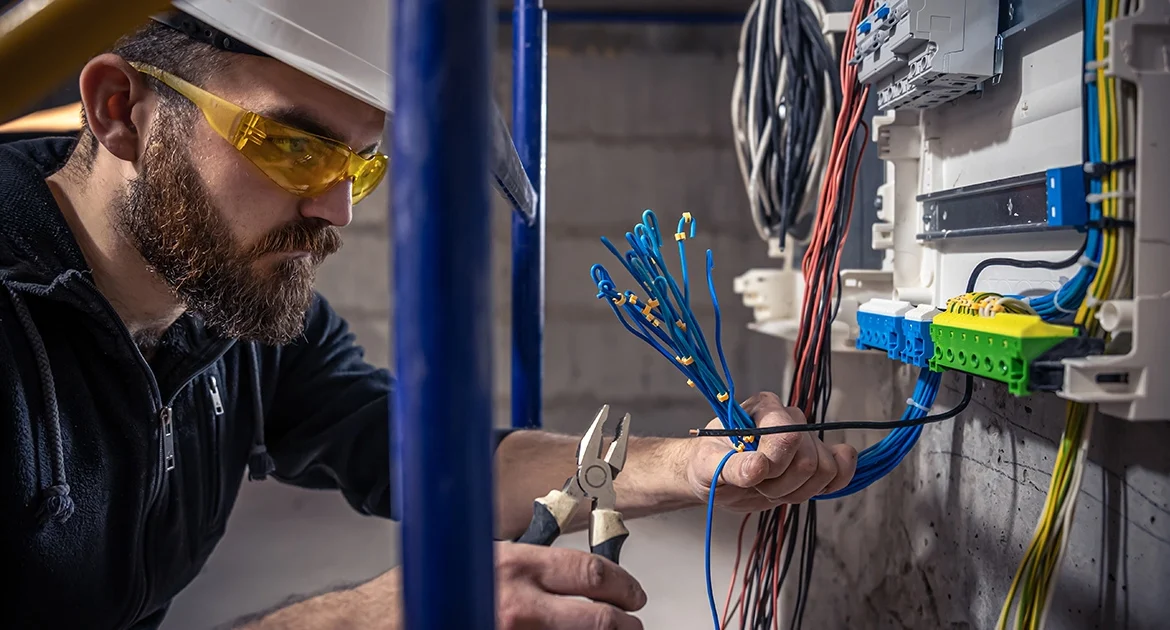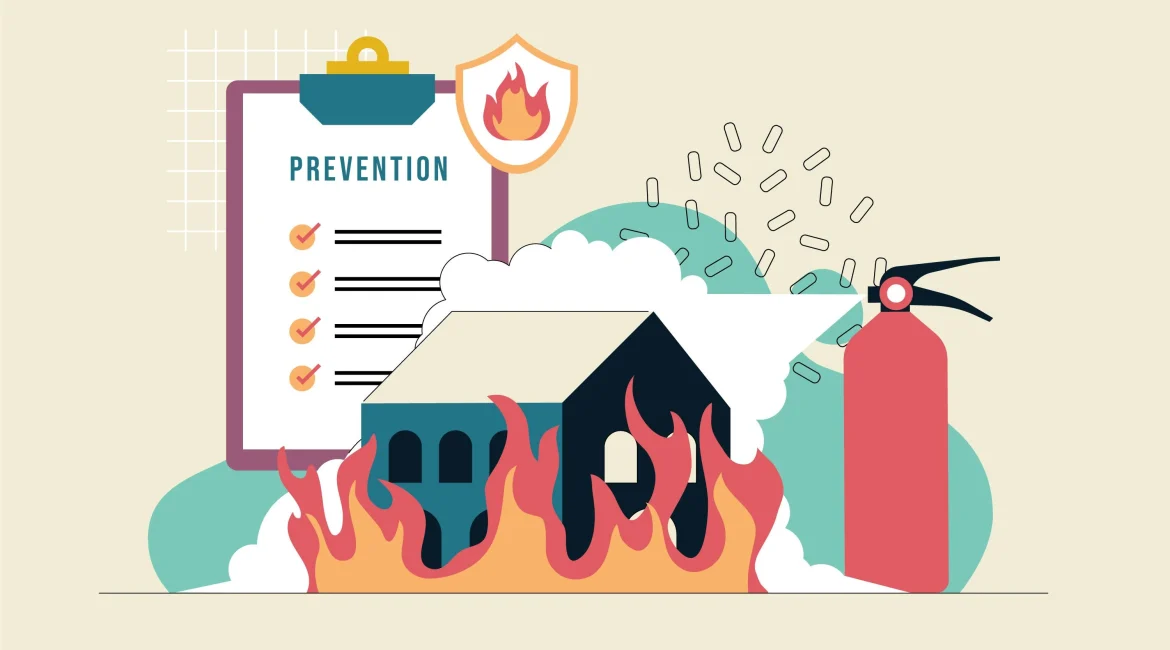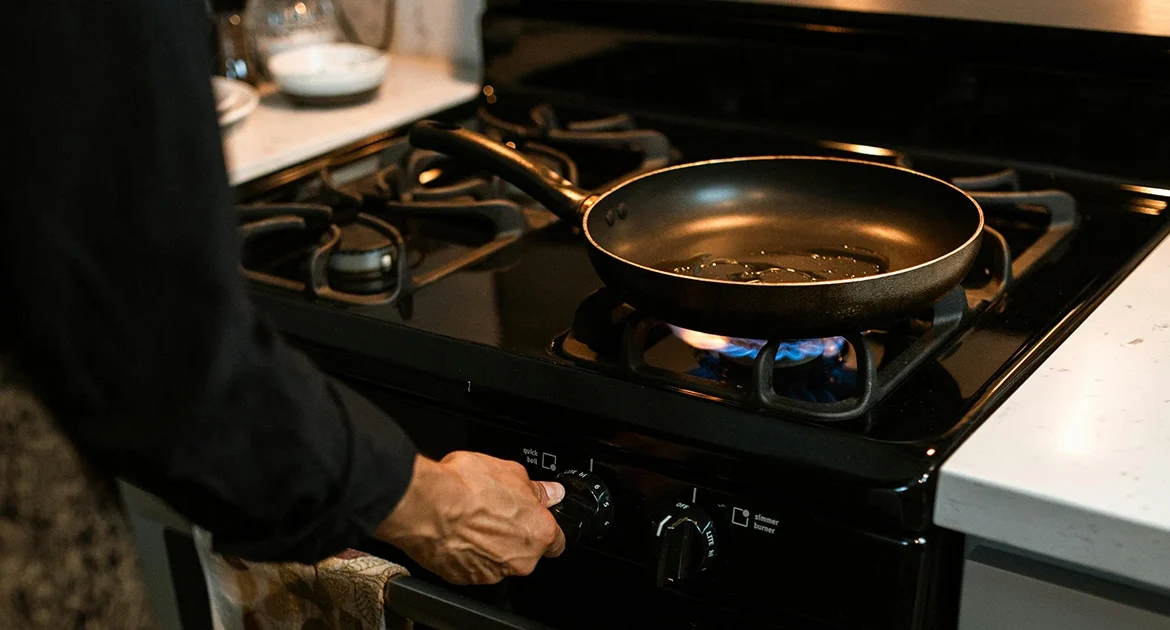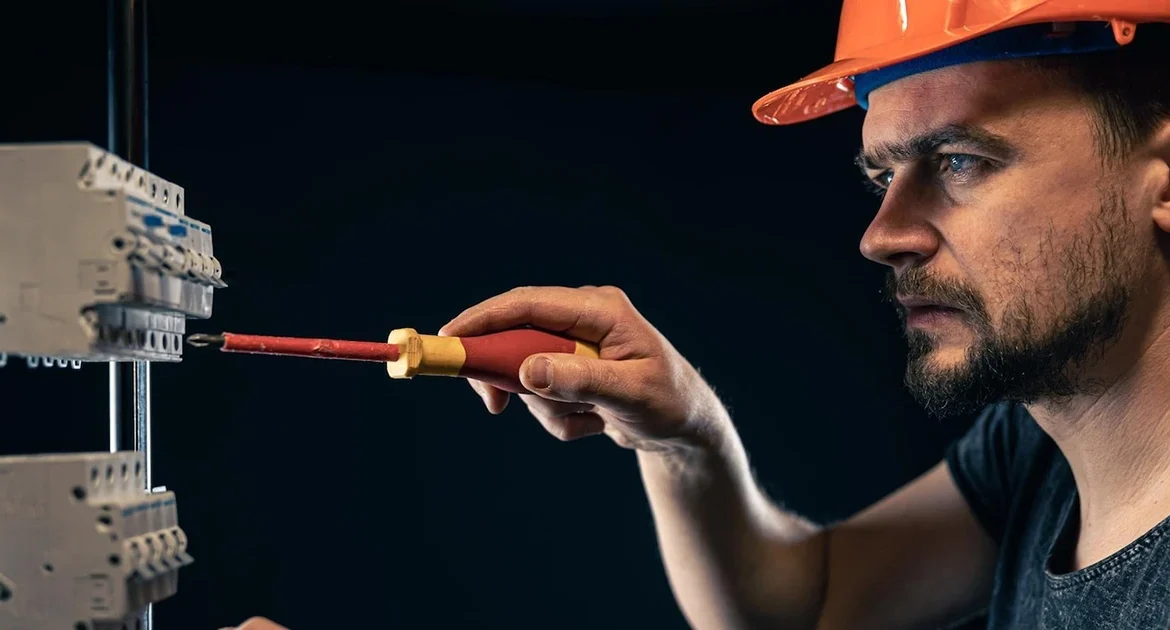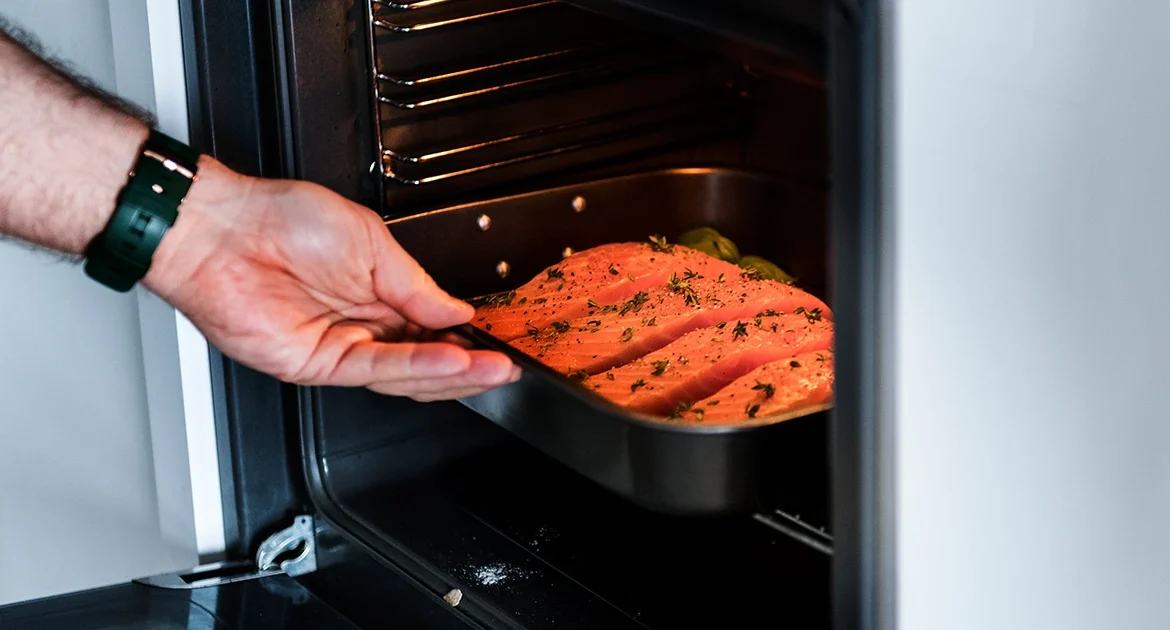Ensuring the safety of gas appliances in a property is a legal and moral responsibility for landlords, homeowners, and business owners. A Gas Safety Certificate is an essential document that verifies that gas appliances, fittings, and flues within a property are safe and compliant with current regulations. Whether you’re a landlord or a tenant, knowing...
Read moreHow to Choose the Best PAT Testing Service in Edinburgh
When it comes to the safety and reliability of your electrical appliances, PAT (Portable Appliance Testing) testing is an essential requirement for businesses, landlords, and anyone managing a property or office. In Edinburgh, finding a reliable and professional PAT testing service is critical for ensuring that all your electrical equipment is safe to use and...
Read moreHow much does PAT testing cost?
In today’s world, ensuring the safety of electrical equipment is of utmost importance, especially in workplaces, rental properties, and other public or private venues. One of the essential procedures that businesses, landlords, and even homeowners must undertake is Portable Appliance Testing (PAT). But when considering PAT testing, the question on everyone’s mind is: PAT testing,...
Read moreEICR fault Codes: A Guide for property owners & landlords
When it comes to maintaining the safety and efficiency of electrical installations, property owners and landlords in the UK must adhere to strict regulations. One critical aspect of compliance is the Electrical Installation Condition Report (EICR). This comprehensive guide explains the purpose of EICRs and their importance and dives into the fault codes that property...
Read moreA Complete Guide to Fire Risk Assessments
Fire safety is a crucial responsibility for landlords in the UK. Ensuring the safety of tenants, meeting legal obligations, and protecting property from potential hazards all hinge on a comprehensive understanding of fire risk assessments. This guide provides landlords with a thorough overview of fire risk assessments, explaining their importance, legal requirements, steps to conduct...
Read moreUnderstanding the Latest Smoke Alarm Regulations: What You Need to Know
Smoke alarms are critical to household safety, providing early warnings of fire and saving lives. In recent years, governments across the UK have updated their guidelines to enhance fire safety, with particular attention to Scotland’s stricter requirements. If you’re a homeowner, tenant, or landlord, understanding the latest smoke alarm regulations is crucial to ensuring compliance...
Read moreThe Ultimate Guide to Gas Safety Certificates & Gas Safe Inspections
When it comes to the safety of your home and the well-being of those living in it, ensuring that all your gas appliances and installations are properly maintained is paramount. One of the key ways to guarantee this safety is through a gas safety certificate. Whether you are a landlord, a property owner, or simply...
Read moreEverything You Need to Know About Gas Safety Certificates in Edinburgh
Gas safety certificates are vital documents that confirm your property’s gas appliances are functioning safely and efficiently. Whether you are a landlord, homeowner, or tenant, understanding the importance of these certificates is essential for maintaining safety and ensuring compliance with legal requirements. In this guide, we will explore what gas safety certificates are, why they...
Read moreWondering how to install an outdoor plug?
A Step-by-Step Guide Outdoor electrical access is a game-changer for modern homes. Whether you’re installing garden lighting or a water feature, or simply want the convenience of plugging in tools or appliances outdoors, having exterior electrical plugs can make life much easier. In this guide, we’ll show you how to safely and efficiently install outdoor...
Read more3 Reasons Why Fuse Box Trips Due to Your Electrical Oven
If you’ve ever experienced the frustration of an oven-tripped electric circuit, you’re certainly not alone. Fuse box trips are a common occurrence, particularly with high-powered appliances like ovens. Understanding why your oven causes the electricity to trip and how to solve an oven trip can save you time, money, and unnecessary hassle. In this blog,...
Read more

